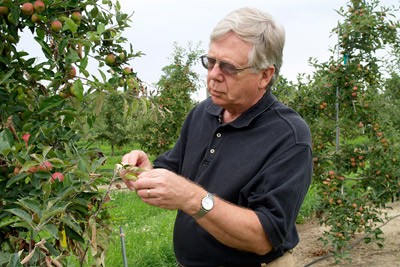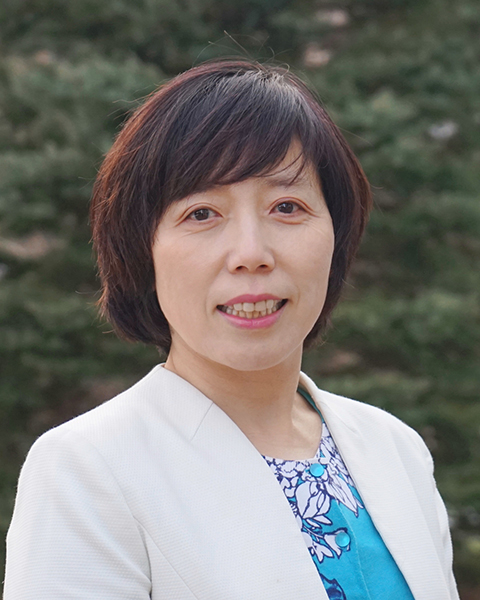Cornell Researchers Launch Vaccine Startup After Ignite Programs
Cornell researchers recently published a study on a proprietary new vaccine platform that could provide better protection from COVID-19 and different strains of influenza. In the study, mouse models showed no visible signs of illness and no cellular damage to tissues after vaccination with the new platform.
Senior author Hector Aguilar-Carreno’s lab received two $25,000 Ignite Innovation Acceleration grants from the Center for Technology Licensing to develop the vaccine platform.
David Buchholz, a former graduate student in the lab, formed a startup called VIVA Viral Vaccines, Inc. around the innovation. He launched the company after graduating from the Ignite Fellow for New Ventures program, which provides Ph.D. and master’s holders a $120,000 annual funding package to pursue ventures based on Cornell-licensed technologies. Buchholz graduated from the program in January 2025.







